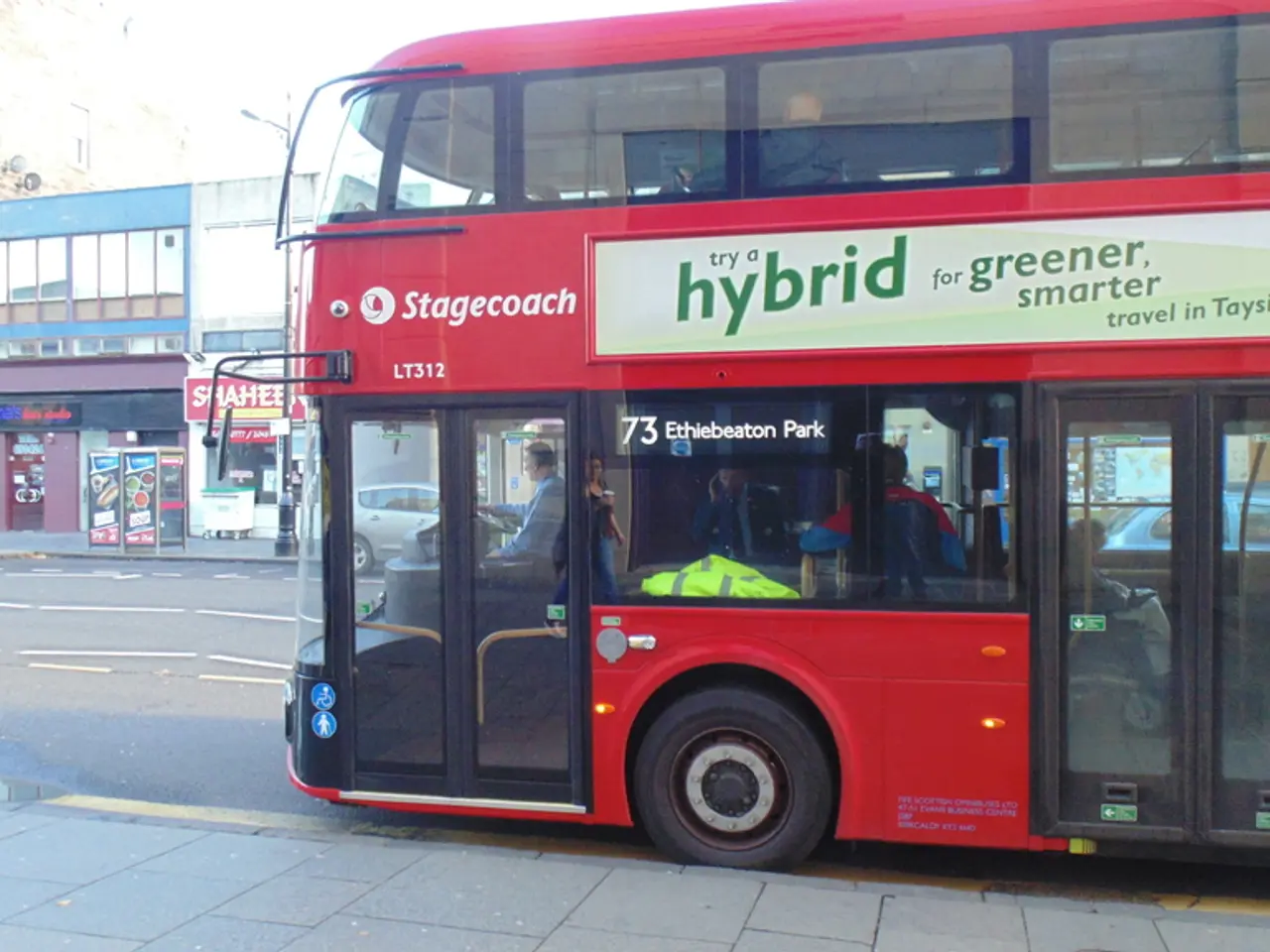Netherlands' Gambling Revenue Tax Collections Fail to Meet 2025 Targets
The Dutch gambling market is facing a significant challenge this year, with the projected decline in gambling tax revenue due to increased tax rates and regulatory restrictions.
According to the Dutch Gaming Authority (Kansspelautoriteit, Ksa), the recent hike in gambling taxes has not achieved its intended effect of boosting state revenues. Instead, it has contributed to a decline in legal market revenues as more players are turning to unregulated and illegal operators.
The tax increase has reduced the attractiveness of legal offerings by squeezing operator margins, which limits marketing and player acquisition efforts. This has led to lower legal gambling revenues and an increase in illegal play.
Regulatory restrictions in the Netherlands include strict consumer protection and responsible gambling measures, along with high taxes on stakes and gross gaming revenue (GGR). These restrictions reduce profitability for operators and hinder competitiveness against unregulated markets, as seen also in other European countries like Germany and Sweden.
The tax on gambling was raised from 30.5% to 34.2% in 2025, with another increase to 37.8% scheduled for 2026. This has put a significant financial strain on operators, leading them to cut back on bonuses and payout percentages to offset the tax-related financial pressure.
A KPMG report commissioned by VAN Kansspelen found a 7% drop in turnover compared to 2024 in the land-based gambling sector. The decline is also impacting the land-based gambling sector, with physical venues struggling to compete with the convenience and lower costs of online gambling.
VNLOK Chairman Björn Fuchs warned that heavy taxation combined with stringent rules is making regulated gambling less attractive. He criticized the assumption that stricter regulation automatically enhances player protection. Fuchs also expressed concern that excessive regulation may be undermining the entire legal system.
Secretary for Legal Protection Teun Struycken has urged a coordinated EU crackdown on illicit gambling platforms. He emphasized the need to protect consumers and ensure that gambling is conducted in a fair and transparent manner.
The Netherlands Gambling Authority (KSA) has confirmed that the targets for increased gambling tax revenue are unlikely to be achieved. If the current trend persists, gambling tax revenue for 2025 is projected to fall to around €800 million - down from the €1 billion collected in 2024.
This situation may worsen as long-term closures of physical venues haven't yet been factored in. According to VAN Kansspelen director Daan Keij, the situation may worsen as long-term closures of physical venues haven't yet been factored in.
In conclusion, the Dutch gambling market is facing a challenging period due to the impact of increased tax rates and regulatory restrictions. The decline in legal gambling revenues and the rise in illegal play highlight the need for a balanced approach to tax policy and regulation that takes into account market dynamics and consumer behaviour.
The tax increase in the Dutch gambling market has affected the business sector, particularly in the finance industry, as operators are struggling to offset the financial strain caused by higher gambling taxes. Consequently, regulatory restrictions in the industry, such as lowered bonuses and payout percentages, have led to a decline in legal gambling revenues and an increase in illegal play.




